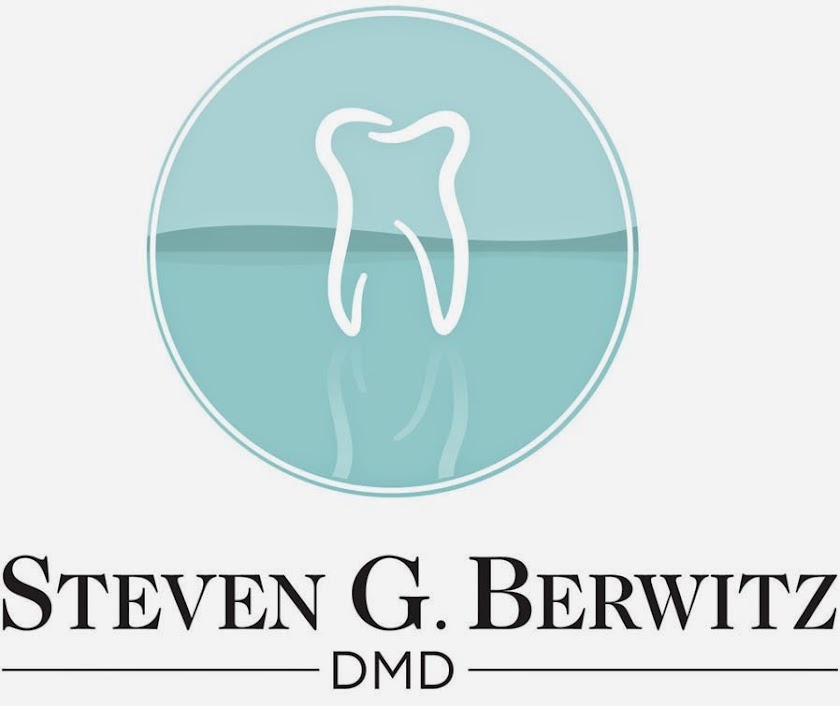Just as your child needs to see his or her pediatrician for regular checkups, visits to the dentist are necessary too. Preparing your child for that visit may be the start of a positive and lifelong dental experience.
The one question we are most commonly asked is, when should I my child see a dentist and why? The ideal time for a child to see a dentist is six months after the child’s first tooth erupts. This time frame is a good opportunity for a dentist to carefully exam the child’s mouth because dental problems often start early. Problems such as early childhood tooth decay, teething irritations, gum disease, prolonged thumb- or pacifier sucking can be discussed.
How should you prepare your child for their first visit? When setting up the appointment with your dentist, ask about what procedures will be done during the first visit, so you will not be surprised. This is also a good time to prepare your child for the visit. Some children are very fussy, some may cry and others may enjoy the experience. There are a number of storybooks available that you can read to your child about their first visit. Try to make their first visit something to look forward to and help them understand what will be done. Also remember to tell your dentist of your child’s complete medical history.
What will happen at the first visit may vary. However, usually this is a simple visit, which allows you time to acquaint your child with the dentist. If your child is scared, frightened or uncomfortable you may need to reschedule your appoint. Always remember to stay calm and remain patient. Reassure your child that the visit will not be scary or something to be afraid about. Most child react to parent cues; anxiety on your part will only further upset your child.
After an introduction the appointment should only last from 15 to 30 minutes. At this time, the dentist should perform a gentle examination of the teeth, jaw, bite, gums and oral tissues to monitor growth and development. A gentle cleaning may follow with a toothbrush or dental polishing instrument. X-rays may be taken, but are not always indicated. There will also be a demonstration on how to care for your child’s teeth and mouth.
The dentist should also be able to answer any questions you may have and try to make you and your child feel comfortable throughout the visit. Children, like adults, need to be seen every six months; some may even need interim visits.
Remember, short successive visits can build the child’s trust with the dentist and in the office. This can only prove invaluable if your child needs to be treated later for any dental problems.
If you have any questions, do not hesitate to contact me or ask your dentist.
